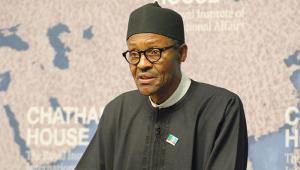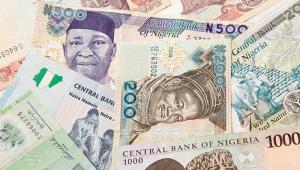The Infrastructure Credit Guarantee Company was set up by the Nigeria’s Sovereign Investment Authority and Private Infrastructure Development Group, joined by the Africa Finance Corporation and the German Bank KfW.
InfraCredit will use highly-rated bonds aimed at institutional investors to finance long-term infrastructure projects. It aims to support up to $1.25bn in infrastructure financing over the next few years, playing a major role in increasing Nigeria’s economic resilience
The AfDB funding for InfraCredit takes the form of a loan of $10m and a risk sharing facility of up to $5m, designed to assist the development of the domestic capital market.
Earlier this month a “health check” from the IMF reported that Nigeria is still suffering from a post-2016 recession. It said that a rebound in oil prices, tight monetary policy and convergence in foreign exchange have helped to reduce inflation and rebuild external buffers. But persistent structural challenges - including a large infrastructure gap, low revenue mobilisation and high dependence on money switched between international markets - are constraining growth.
The IMF warned that Nigeria’s health and education spending are among the lowest in the world and that its revenue base is too low. It recommended tax reform and increasing non-oil revenues as a means of raising more money to pay for public services.
Rapid population growth could make Nigeria the third most populous country in the world by 2050. But with elections now complete, the IMF said that there is a greater chance for faster policy implementation.
Stefan Nalletamby AfDB director of financial sector development said that InfraCredit would help to improving the country’s economic diversification and competitiveness and promote equitable growth and financial markets. This would encourage investors, including pension funds, to support long-term infrastructure projects, for example in energy, agriculture, water, health and education.
He added that the new vehicle would support AfDB’s High 5 Agenda. Announced in 2016, the agenda has five investment priorities – light up and power Africa, feed Africa, industrialise Africa, integrate Africa, and improve quality of life.













